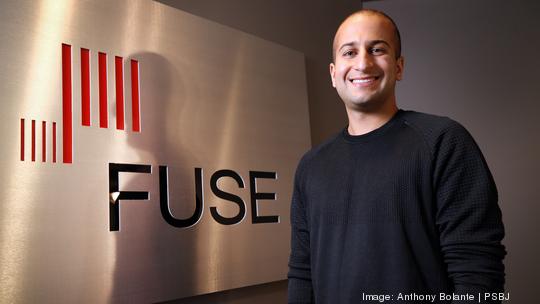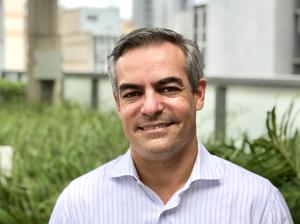
Layoffs have been an unfortunate reality for several Seattle-area tech companies this year, but some insiders say those companies are uniquely positioned to withstand an economic downturn.
Despite the difficult cuts at billion-dollar companies like Convoy and Qumulo, the news is not all bad for the local tech ecosystem.
With the focus in the area on business-to-business software, local companies could be more insulated from an economic downturn than their direct-to-consumer counterparts.
“You see a lot of B2B-software-type companies coming through Seattle, and I think that part of the market, and how Seattle is built around that, has helped Seattle stay really strong,” said Kyle Stanford, senior analyst at the Seattle-based financial data firm PitchBook Data. “If you look at the pandemic, where did everyone go? They went to some sort of business software because now everyone is hybrid or everyone went remote at that time.”

Some of the region’s largest private tech companies are focused on enterprise software.
Seattle-based sales technology company Outreach, for example, has a value of more than $4.4 billion after raising $200 million in June 2021. Bellevue-based contract software company Icertis, meanwhile, hit a value of $5 billion after an investment from SoftBank in October 2021.
Many of this year’s new unicorns, or companies valued at $1 billion or more, are also in the business-to-business space, for example, retail technology startup Swiftly and logistics company Flexe.
The Seattle area as a whole has only seen a slight cooling from the red-hot venture capital activity of 2021. Seattle-area venture capital deals totaled $4.4 billion through June 30 of this year, according to the PitchBook-NVCA Venture Monitor report for the second quarter, compared to $9.2 billion in all of 2021.
Nationally, venture capital deals in 2021 totaled $341.5 billion, which more than doubled what had been a record-setting deal value in 2020.
Because 2021 was such a record-shattering year in venture capital, it’s important to keep this year's activity in perspective, according to Stanford.
“We’ll look back at 2021 as the outlier, and 2022 is just kind of adjusting back toward more normal conditions,” Stanford said. “We’ve been trying to readjust expectations for VC.”
As a whole, Seattle’s venture capital landscape is still growing with a new crop of relatively young venture firms starting to gain momentum.
Seattle-based Flying Fish Partners, for example, closed a $70 million fund in May. The fund was Flying Fish’s second since launching in 2017.
Seattle-based PSL Ventures, the venture arm of Pioneer Square Labs, closed a $100 million fund in March 2021. The firm launched its first fund, which was $80 million, in 2018.
Other Seattle-area firms such as Fuse, Graham & Walker and Ascend have all launched within the past five years. Although the firms are a long way from having the same clout as a heavyweight like Seattle-based Madrona Venture Group, an early investor in Amazon, the new players in town could mean more venture capital dollars for local startups.
In general, Stanford said, when a valuable company exits, many employees with equity in the company make a lot of money and end up going into venture capital. These new investors with long careers ahead of them can be a big boost to the market, according to Stanford.

Bellevue-based Fuse launched in 2020 with former Ignition partners Cameron Borumand and Kellan Carter as founding and general partners, while Brendan Wales, formerly a partner at E.ventures, is the firm’s third general partner. According to Borumand, growing the area’s venture capital network to match the entrepreneurial talent takes time, and firms that back winners tend to land better portfolio companies down the road.
Because Fuse is something of a startup itself, Borumand said the firm is able to relate to startup founders. Perhaps the most important reason to grow the local venture capital ecosystem, he added, is the rapport firms can build with startups that are nearby. A Seattle startup with investors in Boston, for example, might have only met those board members through Zoom, which can be abrasive when founders need to have tough conversations with investors about layoffs. More than 95% of Fuse’s first fund has gone to Pacific Northwest companies, according to Borumand.
“Spending the time to get to know your investor, even if it adds a week or two to the fundraising process, can be well worth it on the back end,” Borumand said. “Entrepreneurs in this ecosystem deserve options. There shouldn’t be just a few places where entrepreneurs have the ability to go raise capital here locally.”








